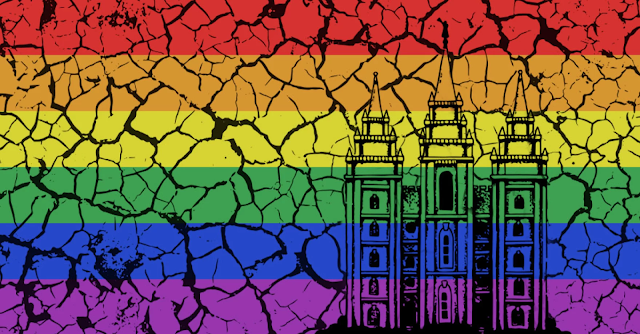I've been thinking about the challenge of how to address racism with a primarily white audience in a church setting. How do you discuss inappropriate behavior with a group of people who either doesn't understand how, or disagrees that, their own behavior could be problematic or offensive. In discussing what racism looks like, sounds like, on either an individual or systemic level, it's bound to leave people feeling called out for language and behavior they may have used before.
When people talk about racism, there are barriers that can prevent meaningful conversation and mutual understanding from taking place. A few to consider:
- Abstraction: the refusal to call racist language, behaviors, and attitudes what they are, or to reinterpret them as something else.
- Projection: when folks who do engage in racism avoid confronting their own behaviors by focusing on the problematic behavior of others.
- Diversion: where people attempt to deflect sincere or earnest conversation through humor, distractions, or minimizing the importance or relevance of the subject.
- Eruption: an emotional outburst, usually intended to usurp victims of racial violence by concocting a narrative in which they are the real victims.
The goal is to have people reexamine and reinterpret their own life experiences, identify their own biases, confront them, and replace them with truth. A lesson on racism is ultimately a lesson on repentance and reflection. It requires honest self-examination. It requires silence, in which the Spirit can testify and reach hearts.
I would begin by inviting the class to privately reflect on their thoughts, language, and behavior around people of color. What would Jesus ask you to change about those interactions? I would start with a pen and paper activity for 5-10 minutes, letting them know ahead of time that they won't have to share afterwards.
Then I would review the fundamentals of repentance: acknowledging the sin, resolve to change behavior and making restitution, asking God for forgiveness, and making the commitment not to repeat the sinful behavior. Supplement with scriptures. Some good ones to consider:
- 2 Nephi 26:23-33
- Matthew 12:36; 15:11
- Acts 11:5-9
- Ephesians 4:29-32
- D&C 18:10-11
- D&C 38:25-27
I love a good chalkboard list, so I would open the discussion to the group to brainstorm what resolving to change our behavior looks like in the context of dismantling racism? If the group can't come up with any, here are some to get them started:
- When you hear other people making racist jokes or judgments, even when there's only white people around, do not passively accept it. Challenge it or walk away.
- When you see someone being belittled because of their race or nationality, say something. Defend that person, or help to remove them from the situation.
- Identifying news sources or media that demonize or devalue people of color, turning them off, and not engaging with them anymore. Connect with Lehi's vision. Mockery and dehumanization based on race is a voice from the great and spacious building, a form of apostasy.
- Talk to your children about being sensitive to people of color and their cultures. Help them to understand what racism is, that it isn't acceptable. (Not using racial slurs, blackface, etc.)
- Change the stories you tell yourself about people of color by seeking out their stories and histories.
- Make space for people of color in whatever spaces you occupy, especially in hobbies.
- If a person of color in the church tells you they've experienced racism in the church, believe them. Let them know you value them, want them there. Show them love.
Managing the discussion effectively to be respectful is essential. If there are people of color in the class, prioritize their voices and comments the highest. It doesn't matter when they raised their hand. Go to them first if they have something to share. Prevent others from interrupting them or correcting them when they speak.
Have a video to end the discussion if it becomes derailed. Suggestions here, here, here, and here.
Testimony. Closing Prayer. Done.
Having conversations and lessons about race in the Church doesn't need to be intimidating or hard. They just need to be happening. That's the only way they will ever get any easier.






